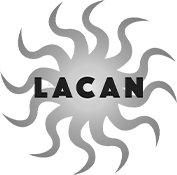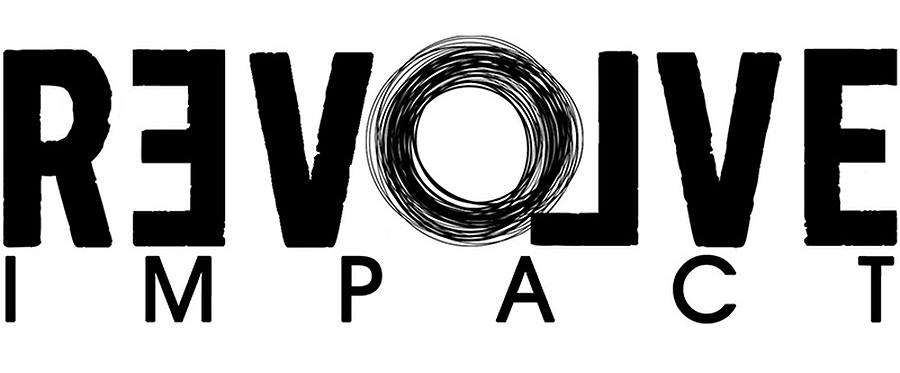
CRIMINAL JUSTICE LAB

Our First Summit Impact Lab Closing Report
Two years ago we asked ourselves how we can gather, connect, and activate Summit Impact Fellows in the Criminal Justice field to deepen, scale, and accelerate their work. Our mission was (and still is) to accelerate solutions for community safety and criminal justice reform to create a more free and just society. Our community made it possible for us to bring the Criminal Justice Lab to life and support important objectives in the field. We are excited to share with you the Final Report from our very first lab, the Criminal Justice Lab. But first, a note from our founder, Shira Abramowitz.
CHECK OUT THE REPORT:
Three Overarching Lab Objectives
LEADERSHIP
Fostering bold, progressive leadership in the justice system
INNOVATION
Scaling innovative eco-housing ideas to decriminalize poverty
STORYTELLING
Shifting narratives through multimedia storytelling
“I'd say over the last two years there's been tremendous growth. I actually feel like I can accomplish everything I want to. I believe I have the network and the team to do it. I believe there's room for growth. There's room for expanding that network and those relationships. I can step into a room... and I can feel like I belong. Like I actually am supposed to be in this room with these accomplished people, these great humans, because I'm one of them."
- ARTIE GONZALES | SUMMIT FELLOW
MEET THE FELLOWS
The changemakers at the core of the Criminal Justice Lab.
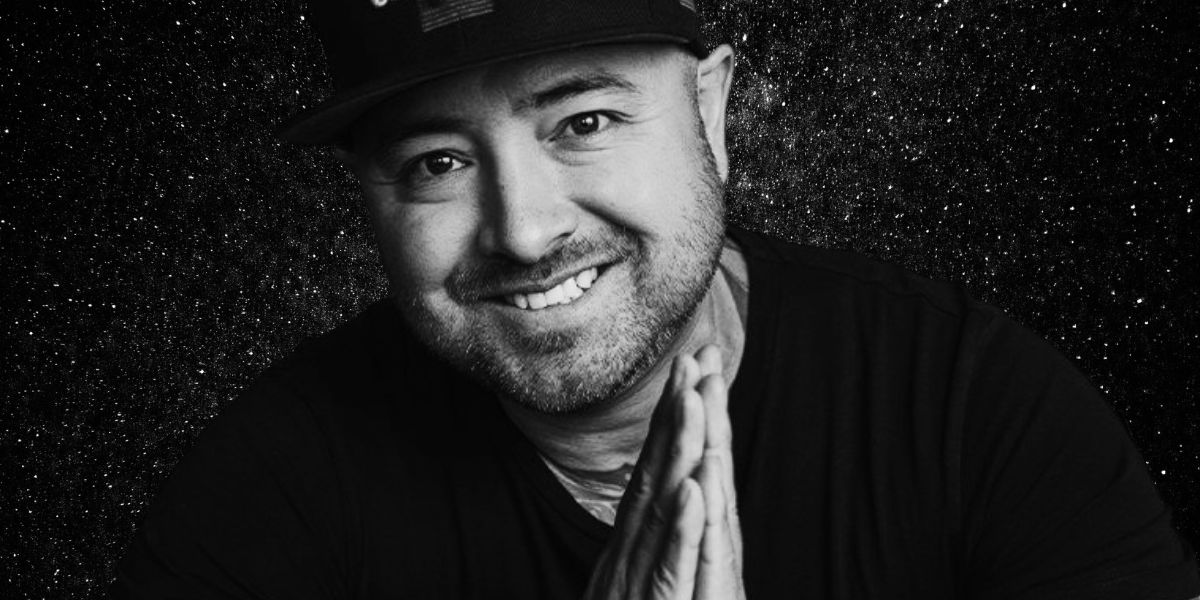
The creative who almost never was: from life in prison to an inspiring leader, producer, and storyteller.
Artie Gonzales, the visionary founder of Lessons from a Lifer, is transforming lives by bridging narratives to create connection and shared humanity. His extraordinary journey, documented in various media, reflects a powerful story of redemption, resilience, and the transformative impact of embracing one's humanity.
Artie's platform, including insightful talks like this one, serves as a catalyst for change. Through Lessons from a Lifer, Artie brings profound insights and perspectives from his own life, transcending the boundaries of incarceration to become a beacon of hope..
As showcased on platforms like Apple Podcasts, Artie's impact reverberates in discussions on emotional wellness, the importance of recognizing the humanity of incarcerated individuals, and the adventure of isolation.
His story extends beyond personal growth. Artie is the author of a children's book, emphasizing the lessons learned in life that are universal. His advocacy work, such as From Inmate to Emotional Wellness Children's Book Writer, underscores the transformative power of storytelling.
Artie Gonzales is not just a former inmate; he's a force for change. His collaboration with OMG Culture and features in esteemed publications like the Los Angeles Times highlight the broader impact of his work.
Whether it's through podcasts or the warmth of one-on-one connection, Artie Gonzales is shaping a narrative of hope, resilience, and the profound capacity for transformation. His story serves as a testament to the enduring power of the human spirit.
To learn more, visit https://www.artiegonzales.com
Mission
"Lessons from a Lifer" is a multimedia platform led by Artie Gonzales, leveraging personal experiences within the prison system to shift public perceptions of incarceration. Through storytelling and educational outreach, it advocates for a compassionate approach to incarceration, emphasizing second chances and personal transformation. The multimedia initiative, including a book, video podcast series, and a short film, aims to foster empathy and understanding through universal themes of forgiveness, love, and compassion.
Program Objectives
Artie enthusiastically joined Summit Impact with a clear mission — to amplify the impact of his personal narrative, detailing his experiences of being incarcerated as a minor and sentenced to life in prison. His goal was to share his story in meaningful spaces and foster connections with individuals and organizations dedicated to criminal justice reform.
Program Highlights
Over the course of the fellowship, Artie made his debut on Summit stages speaking in front of hundreds of Summiters at flagship events. Thanks to connections from Summiters, he made his way to new stages and events, sharing his profound message of hope and transformation. He secured funding for his pilot episode on Forgiveness, and produced the inspiring episode on Forgiveness that you can watch here.

Leading systems-change and supporting revolutionary leaders, all from love.
Cristine Soto DeBerry, the Founder and Executive Director of The Prosecutor's Alliance in San Francisco, CA, stands as a formidable force in reshaping California's criminal justice system. Her commitment to reforming the broken justice system through smart, safe, and modern solutions is both unwavering and inspiring.
As detailed on The Prosecutor's Alliance website, Cristine's mission revolves around advancing public safety, upholding human dignity, and enhancing community well-being. Her legal expertise, showcased through her California Bar Association profile, has positioned her as a key player in advocating for transformative change.
In a compelling Dr. Phil interview, Cristine articulates the urgent need for reformative justice, capturing the essence of her visionary approach. Collaborations with progressive district attorneys are highlighted in her efforts, such as those detailed in KQED News and San Francisco Chronicle.
Cristine's impact extends to the YouTube platform, where she discusses critical issues surrounding criminal justice reform. Her leadership role in navigating challenges and pushbacks is explored in a feature on Impact Justice.
Through her continuous advocacy and involvement in initiatives like the Select Committee on Retail Theft, Cristine Soto DeBerry is not only reshaping California's criminal justice landscape but also paving the way for a more just, equitable, and humane legal system.
Mission
"At the Prosecutors Alliance we dedicate ourselves to finding solutions to harm and violence that are rooted in love and peace because we believe that creates a virtuous cycle - one that catapults us further towards the kind of communities we want to live in."
The Prosecutors Alliance is a California-based organization committed to reshaping the criminal justice system. Their mission is to champion fair, equitable, and accountable prosecution practices, advocating for policies that place emphasis on public safety, rehabilitation, and community well-being. By prioritizing collaborative initiatives, fostering partnerships among prosecutors, communities, and other stakeholders, they are driving substantial criminal justice reforms making impacts nation-wide. Their approach involves implementing intelligent, secure, and modern solutions that not only enhance public safety but also uphold human dignity and community well-being.
Program Objectives
Cristine embarked on her Summit Impact fellowship journey with a clear vision — to advance the mission of the Prosecutors Alliance (PA) to transform California’s criminal justice system. Her multifaceted project objectives combined a strategic approach to storytelling and organizational growth: she wanted support establishing a compelling storytelling framework, initiating targeted efforts to engage and secure support from individual donors, and developing structured plans for growth.
Program Highlights
Cristine and Artie collaborated in both storytelling and on-the-ground operations, leading to phenomenal outcomes. At their first Summit flagship event, they combined forces for this powerful session:
And in the past year they’ve collaborated on 5 complex and exceptional prison visit activations, bringing over 100 District Attorneys who will be in positions of power and decision-making into prisons to gain new perspectives and imagine new, compassionate and love-based possibilities for the future.
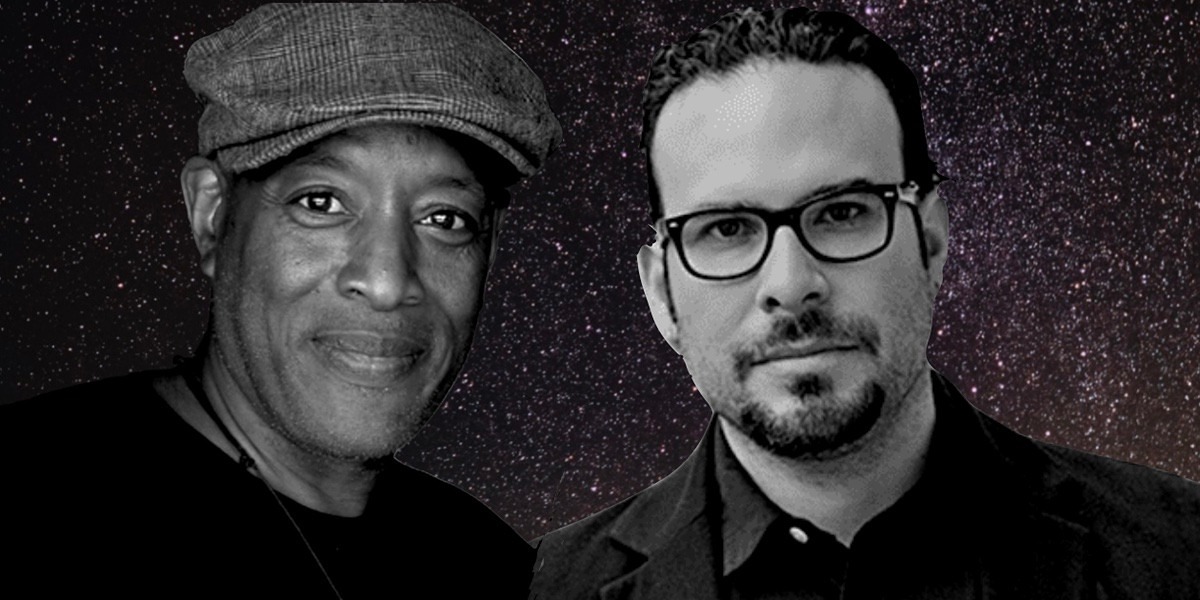
Building a Better LA.
Through the vision and leadership of Summit Impact Criminal Justice Fellows, Pete White and Mike De La Rocha, a new project called EcoHood looks to build a better Los Angeles, with a sustainable and innovative approach to combating homelessness.
Pete White, Founder & Co-Director LA CAN in Los Angeles, CA, stands as a stalwart advocate for reforming California's criminal justice system. As the founder and co-executive director of the Los Angeles Community Action Network (LA CAN), Pete has been a tireless grassroots organizer since 1992, championing the human right to housing, health, and security in Los Angeles.
Mike de la Rocha, the founder of Revolve Impact, continues to drive transformative change in California's criminal justice landscape and in social justice issues nationwide. Through Mike’s dedicated leadership, Revolve Impact has built up an impressive track record of shifting narratives, amplifying movements, and creating powerful change.
Together, Mike and Pete work to amplify the Ecohood initiative created by Pete White and the LA CAN team, and to decriminalize poverty through innovative housing solutions in Los Angeles. Los Angeles’ homeless population increased by 14% over last year, with tents and makeshift dwellings clogging sidewalks. Billions in government funds have been allocated towards costly, inefficient public-private partnership housing deals that take years to complete.
From Pete and Mike’s perspective, “Housing is not a commodity. Housing is a human right. It is a public good,” and the city needs a new alternative that utilizes the government’s vast inventory of vacant or underutilized public and private properties.
The EcoHood development is creating a template for a new housing paradigm. Combining prefabricated, modular-built small-footprint residences with solar power and other energy performance features, LA CAN’s EcoHood pilot project will feature twelve 275 to 325 square foot fully-equipped 1BR and 2BR units. This complex with include an organic gardening space, fostering a relaxing sense of community, and enabling residents to pursue educational and employment opportunities.
According to Pete and Mike, what makes the EcoHood model unique is a faster, more affordable solution, with an average price per unit of $85,000; a more dignified home design, in contrast to the tiny home, pallet shelters projects designed for disaster relief; and a longer term solution, filling the gap between temporary housing solutions and permanent supportive housing.
Adding to the efficiencies, the EcoHood neighborhood will be located on donated land and will not rely on public resources, with funding for the innovative $4 million project coming from individual and foundation giving and events.
Mission
Dynamic powerhouse duo Mike de la Rocha and Pete White unite with a bold mission: to decriminalize poverty and combat public health crises by reshaping the housing landscape in Los Angeles, CA. Their vision advocates for a cultural shift towards prioritizing care, well-being, and housing over punitive measures and incarceration.
Their advocacy centers on addressing the escalating homelessness crisis and establishing supportive environments, exemplified by the EcoHoods initiative under the Los Angeles Community Action Network (LA CAN), founded by Pete White. EcoHoods aims to provide stable, affordable, and environmentally sustainable housing solutions for vulnerable community members.
Program Objectives
Mike and Pete set out to lead the movement for sustainable, affordable housing in LA, with the Ecohood model that is more effective and remarkably less expensive than any current government funded alternative. Their objective was to increase awareness of the Ecohood model, and to spark conversations about the power of community-led solutions.
Program Highlights
Working together with Summit Impact, Mike and Pete hosted a CJ Lab LA Action Day, held at LA CAN near Skid Row. The Action Day featured interactive sessions, activations, a food distribution activity, and uplifting musical performances.
Pete also promoted the Ecohood model on the Summit mainstage, joining Susan Magsamen in conversation about designing for community:
The Solution is Social: The Neuroscience of Community, Home, and Wellbeing.
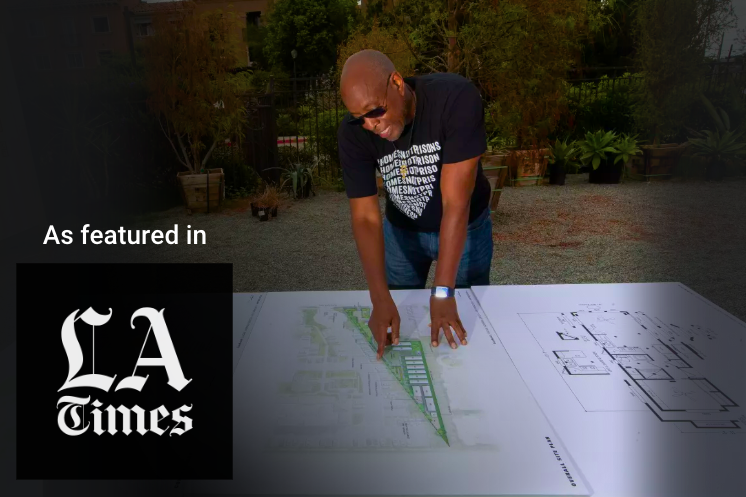
Pete White, founder of the homeless advocacy nonprofit LA CAN, shows off architectural drawings for the housing project he’s working to build on donated land between Imperial Highway and the 105 Freeway. (Brian van der Brug / Los Angeles Times)
Is there a market solution to L.A. homeless housing?
White raised $250,000 from Black Lives Matter and crowd-sourcing, and commissioned an architectural plan that arranged 11 free-standing structures in the blade portion of the lot, leaving room for a community garden on the handle — an amenity that will be open to anyone in the neighborhood.
“We wanted to erase this idea that this land can’t be used and these plans don’t pencil out,” White said. “We wanted to show what a project could cost when we kept the city as far away from it as possible.”
With a mission to address systemic issues, the Criminal Justice Lab empowers the four visionary leaders above to create a better future for all.
ACTIVITy HIGHLIGHTS

A few highlights from the Criminal Justice Lab 2021-2023


LAB OUTCOMES:
Summit Impact’s inaugural Criminal Justice Lab served as a dynamic platform for testing and refining tools to support and amplify our Fellows' efforts, resulting in transformative enhancements to the organization's model.
The outcomes and changes tracked throughout this remarkable journey are noteworthy: 100% of Criminal Justice Lab Fellows’ reports that the Lab increased their confidence and purpose as leaders, helped them more clearly articulate their organization’s call to action, aided in forming sustaining friendships/partnerships, and made them feel able to adapt to new environments and professional challenges.
Fellow Feedback and Impact Insights
One fellow emphasized the value of goal scaffolding and the direct support received from the Summit Impact team.
Another fellow highlighted the significant development of relationships. They shared that connections, both personal and professional, formed in the Summit community have become foundational, shaping the trajectory of their life.
The theme of meaningful connections resonates throughout the closing lab survey responses, with fellows expressing a profound sense of connection to each other as a cohort. These connections have already become a series of collaborative projects and initiatives between Fellows.
Fellows report an increase in confidence and purpose as leaders, leading to positive developments in their business plans and strategic decision-making.
Some Fellows utilized their time in the Fellowship to build fiscal sponsorship or raise an initial amount of funding, while others refined their fundraising strategy for years ahead.
WORDS FROM OUR FELLOWS
"I've learned so much in the past two years through this fellowship... I've really learned how to network for myself and to develop relationships that are meaningful. I have definitely generated a confidence in asking for what I want - like going for the yes. And I didn't necessarily have that before I came into the fellowship... I have a better since of the framework that has to be wrapped around something like the platform I'm developing... I didn't have a team before like I did at Summit Impact that was able to scaffold me and create outlines and agendas and get people in the room. All of this is new to me”
- ARTIE GONZALES | SUMMIT FELLOW
Lab Partner Organizations
